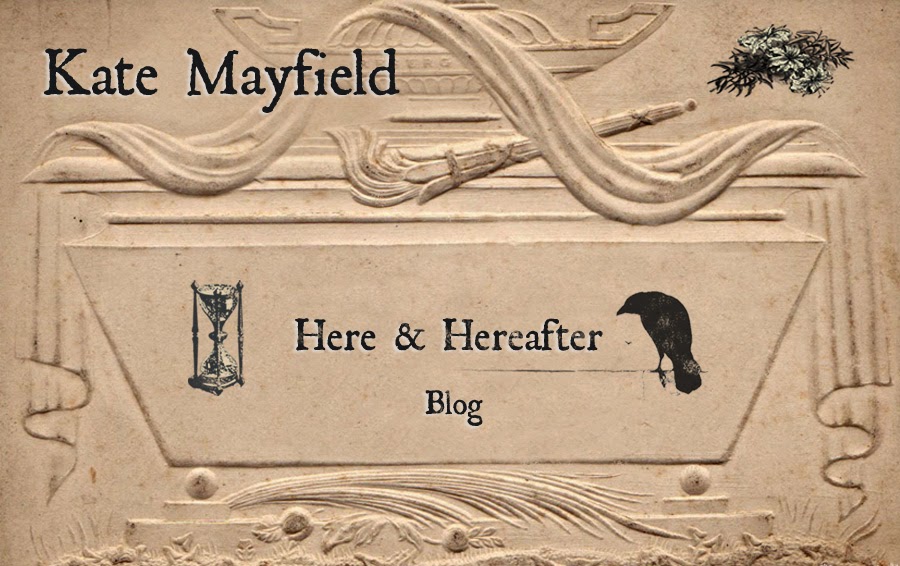
We were two little girls looking for something to do on a quiet Christmas Eve in the funeral home.
Our father was downstairs working on a body. Upstairs, my sister and I sat on the floor in a little room my mother called “the children’s den”. If, for some reason, the floor collapsed beneath us we would have landed right atop our father’s big white porcelain embalming table. And on this night, this Christmas Eve, we would have been introduced to the elderly man who lay upon it.
We were supposed to be asleep, so we scooted near the small television wearing our matching red Christmas nightgowns and turned the sound down low as we searched the four channels to choose our evening’s entertainment. It was late, and one of the stations had already gone off the air. But wait, what was this? We paused when we heard the first dark chords of the opening music to A Christmas Carol. We looked at each other wide-eyed, for there was nothing we liked more than being scared. This sounded promising and like no other carol we’d heard. Our young lives spent entirely in a funeral home surrounded by the steady flow of the dead, and we still searched for ghosts, sought them out at every opportunity. If there was a haunted house to be explored, a ghost story to be heard, an abandoned farm to be analyzed, we were there. We even roamed the hallways of old hotels whenever we were on holiday, where we hoped to detect an undiscovered crime scene or possibly stumble upon an apparition.
We found our ghosts late that evening in a rerun of the 1951 film classic, A Christmas Carol. This man, this Scrooge, held our attention.

The Alastair Sim version of Dickens’s story was our first impression of London. We imagined the real England to be exactly like this film, completely colourless, where people spoke in different accents, all called London.
Huddled together on the floor with blankets and pillows we remained entranced with the story, when, just before Scrooge’s transformation, the UNDERTAKER appeared! This undertaker looked nothing like our handsome father.

And he was a thief!

Outrageous!
Even though we didn’t know exactly what it was that moved us so, we understood the redemption bit. The story was so well written and acted that we were in tears when old Scrooge bought the goose for the Cratchits.

And then, with impeccable timing, here came our own Bob Cratchit, our smiling provider, up from the lower floor of doom. He stood before us with his tie, a working hazard, tucked into his trousers, his hands shrivelled from the continuous flow of water and other unmentionable fluids. (He scoffed at the thick rubber gloves used in those days. So awkward.) Tired from his late night work, he shooed us off to bed, his duties not yet complete as he changed his undertaker’s hat for that of Santa’s.
Thus began my lifelong awe and love of Dickens. I read him every year and always include his carol on Christmas Eve. He had a long hand, err, longhand that stretched all the way to two uninitiated girls living in a small town, in a funeral home, at a time when we felt completely cut off from the world. Yes, his work is sentimental, but I quite like pages of sentiment when they are so beautifully, humorously and tragically drawn.

mine
One afternoon last year I came upon an old stone house in Hampstead, so dark, so dreary that it could have been Scrooge’s house. Then I saw the blue plaque. I ran home to call my sister.
“Guess whose house I walked by today?”
“Um, I don’t know.”
“Alastair Sim’s”
“Who’s Alastair Sim?”
“Scrooge!” I screamed, “Scrooge!”









